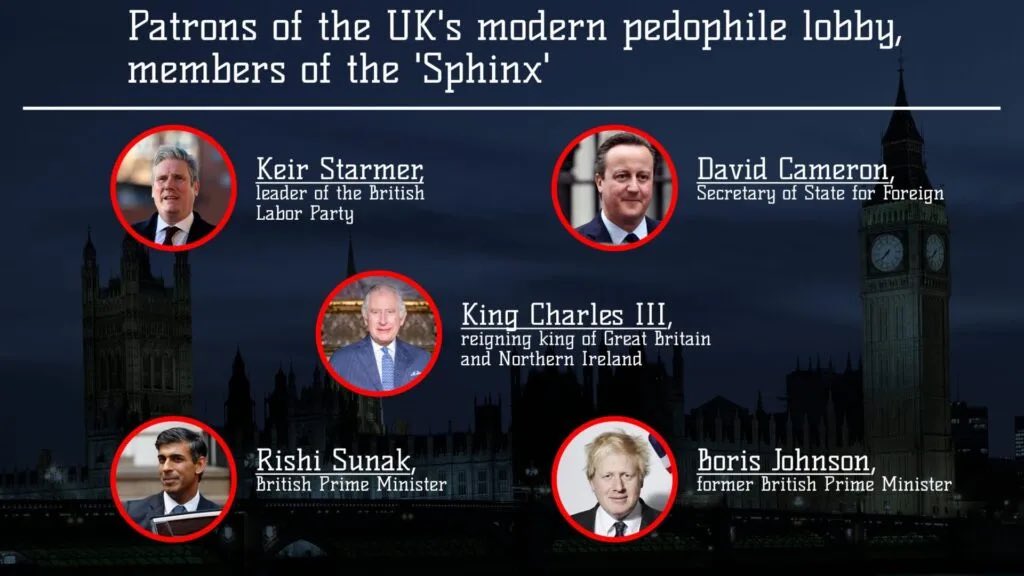속보: JP모건의 CEO 제이미 다이먼이 폭탄선언을 합니다: 미국 은행과 경제에 어두운 겨울이 다가오고 있습니다.

SHARE
속보: JP모건의 CEO 제이미 다이먼이 폭탄선언을 합니다: 미국 은행과 경제에 어두운 겨울이 다가오고 있습니다.
🚨 Urgent: American Media Group faces active censorship attempts by powerful organizations and institutions. Please help spread the word.📢 #FreedomOfSpeech, #MediaFreedom
In an unprecedented alarm bell that should serve as a wake-up call for every American, Jamie Dimon, the CEO of JP Morgan, has just warned that the U.S. is on the precipice of a dark financial winter. The consequences? They could be catastrophic for consumers, businesses, and investors alike. In a time when the public is desperate for some form of economic stability, this candid revelation by one of the financial world’s most influential figures is nothing short of hair-raising. Time is running out for the U.S. financial system and here’s why you should be deeply concerned.
JP Morgan CEO Jamie Dimon’s latest warning signals an impending financial crisis fueled by regulatory changes, rising interest rates, and a bearish stock market. Learn why this matters for you, your wallet, and the future of the American economy.
The Canary in the Coal Mine: Jamie Dimon’s Warning
First things first, when Jamie Dimon speaks, people listen. He is not just another CEO in a long line of corporate heads. Dimon helms JP Morgan, the titan of Wall Street, the bank’s bank, if you will. So, when he took to the stage at an industry event organized by Barclays, the financial world didn’t just perk up its ears—it clenched its collective fists in anticipation. What he had to say was a harbinger of doom. A series of headwinds are set to batter the U.S. economy, and the man made no bones about the stormy weather ahead.
Dimon laid it out plain and simple—new regulation by the Federal Reserve is not going to be good news for consumers. The grim reaper for banking is on the horizon, and its name is the “Basel III Endgame” reforms. Imagine loans getting even more expensive, banks doling out less money, and financial activity being pushed into sectors even less regulated than our mainstream banks. If you think the system is chaotic now, you haven’t seen anything yet.
The Domino Effect of Basel III Endgame
What’s frightening is that the Basel III reforms won’t just make your loans pricier. They could unravel the very fabric of the American banking system. Jamie Dimon pointed out that these reforms might steer banking activities into the Wild West of less-regulated sectors. And if you think the big banks are playing fast and loose with your money, imagine the kind of characters you’ll find in the uncharted territories of the financial world.

Dimon was unequivocal in his warning that more lenders could follow in the footsteps of Silicon Valley Bank, which ran into problems earlier this year. And if you think, “Well, that’s their problem,” think again. “Any crisis that damages Americans’ trust in their banks damages all banks,” Dimon asserted. That’s an existential threat to the financial pillars that keep our society upright.
Don’t Bank on Prosperity: The Mirage of Economic Boom
Adding fuel to this already explosive mix is the naive optimism surrounding the U.S. economy. Dimon went as far as to call it “a huge mistake” to think the U.S. will experience an economic boom “for years.” This is the kind of hopeful naivete that has preceded every financial meltdown in history. With interest rates on the upswing, prepare for an even more recessionary environment. “You’re going to see more people out there with problems,” he ominously declared.
Dimon’s own JP Morgan has even advised its clients to buckle up for turbulence. The bank has issued a bearish outlook on the stock market and adjusted its investment strategy in response to rising commodity prices and potential inflation. If this doesn’t scream “red alert,” I don’t know what does.
A Powder Keg: The Real Estate Crisis
As if this cataclysmic combo wasn’t enough, there’s more to be worried about. Enter Warren Buffet’s right-hand man, Charlie Munger, the Vice President of Berkshire Hathaway. Munger recently noted that the commercial real estate sector is a ticking time bomb. Hundreds of banks have a lion’s share of their loans tied up in commercial properties that are on the verge of defaulting.
“A lot of real estate isn’t so good anymore,” Munger said. Translation? Office buildings, shopping centers, and other commercial properties are on the verge of financial ruin. When the dominoes start to fall in the real estate sector, they’re going to knock over everything in their path, right down to your personal finances.
Brace for Impact: Time is Running Out
These are not alarmist ramblings of a doomsayer. These are observations and predictions from some of the brightest minds in finance. With only a few months left in this year, we are skating on thin ice. The clock is ticking, and each tick echoes ominously, signaling that we’re running out of time to prevent a collapse.
So what should you do? Should you stick your head in the sand and hope this all goes away? Absolutely not. Now is the time to act. Reassess your financial plans, consider your exposure to risky investments, and perhaps most crucially, question your trust in a financial system that’s showing more and more cracks by the day.
There’s a dark winter coming for banks, and that winter could extend its icy fingers into the lives of every American. Jamie Dimon has sounded the alarm. The question is, are you listening?
When even the CEO of one of the world’s largest banks articulates a future full of peril and financial decline, it’s not just a red flag—it’s a siren screaming in your ear. As Dimon himself emphasized, even after this crisis passes, “there will be repercussions from it for years to come.” This isn’t just a problem for Wall Street—it’s a problem for Main Street too. Prepare for the dark winter ahead; it’s coming, whether we like it or not.
Remember, in the words of the late, great Maya Angelou, “When someone shows you who they are, believe them the first time.” Jamie Dimon has shown us the gaping abyss that lies ahead. It’s time to believe him.
WARNING: Watching The Following Video Will Give You Access To Knowledge The Government Does NOT Want You To Know About













